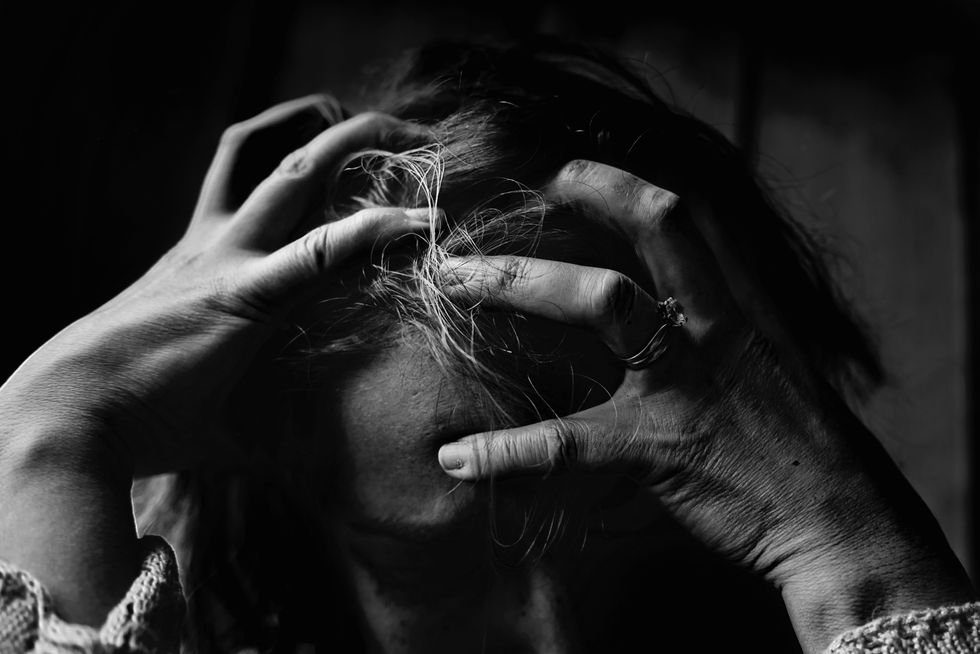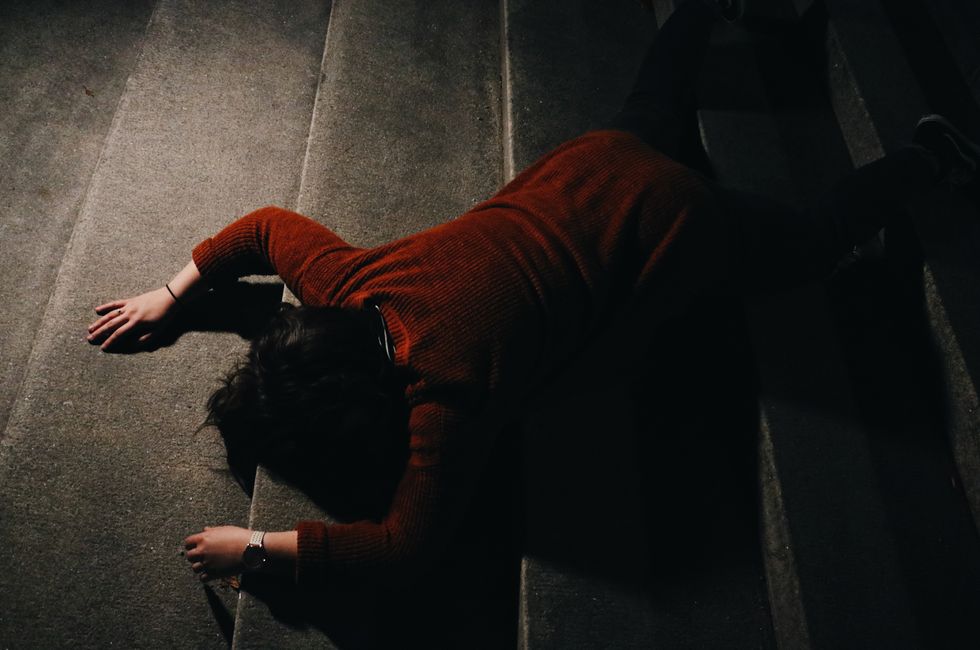The Unprotected Backyard Of Human Trafficking Victims
Some of the most attractive cities in the United States often mask some of the most devastating realities.
This is part one of my research paper on human trafficking legislation in America.
Some of the most attractive cities in the United States often mask some of the most devastating realities. For example, Houston is the fourth-largest city in the United States and ranked amongst the top three cities for the largest human trafficking hubs in America. The problem with the abundance of human trafficking conflicts arises due to the improper protection of victims. The Prosecution of State-Level Human Trafficking Cases in the United States, written by Amy Farrell, Monica J. DeLateur, Colleen Owens and Stephanie Faby, supports my idea that in the United States, legislation lacks the number of effective laws to protect human trafficking victims evidently through the analysis of court cases, the unknown effectiveness of trafficking laws, and the treatment victims through law enforcement.
To begin, the authors of The Prosecution of State-Level Human Trafficking Cases in the United States analyzed a sample of court cases in order to prove that "only a small number of human trafficking cases have been prosecuted in the last fifteen years" (48). Evidently, one detective claimed in the article that because "trafficking law hasn't been used that much… as a prosecutor, you don't want to be the only one using it, and all of a sudden your case doesn't go forward" (60). The warrant is that because many prosecutors run a high risk of losing their cases due to an unfamiliar trafficking law, many human trafficking cases often get lost in the concern of the prosecutors own reputation. This warrant is valid because if people think more for their own interests, they are more inclined to do what may help them the most if a law has a gray area that most people may find difficult to interpret. That way, it proves the low 24% prosecution rates in human trafficking-related crimes. Ultimately, the article helps to support the lack of effectiveness from the law to offer victims protection against their predators.
Next, the unknown effectiveness of trafficking laws makes it difficult for most victims to be protected under legislation. To support this claim, it states in the article, "prosecutors are often unaware that their state has a trafficking law and are unfamiliar with the legal elements necessary to prove a trafficking charge" (50). The base of the warrant is that if prosecutors do not understand the laws involving human trafficking, then the perpetrators run the risk of settling with little to no sentencing. The warrant is valid because the victims may run into the danger of falling back into the trafficking ring where there may lie even more dangerous consequences to their physical and mental state than from before. From there, the likelihood of a victim seeking protection the second-time decreases. Although people may argue that human trafficking laws are difficult to interpret against other sensitive crimes (like prostitution for example), it is still no excuse to risk a victims safety. Thus, The Prosecution of State-Level Human Trafficking Cases in the United States helps prove the ineffectiveness of human trafficking laws because prosecutors have a difficult time in distinguishing between other sensitive crimes and human trafficking crimes.
The final claim, in addition to the unknown effectiveness of human trafficking laws, is that the occasional poor treatment from higher officials often leads to the failure to protect victims from their perpetrator through the law. Moreover, it is evident through The Prosecution of State-Level Human Trafficking Cases in the United States that victims often feel insecure in giving their testimonies because "there was not a safe and secure place to house the victims… victims were arrested or sent to juvenile detention… to keep them in a secure facility long enough to get them to cooperate" (63). The underlying warrant is that if victims do not feel secure in the environment, then they will not testify against their perpetrator. To further elaborate, the warrant is valid because if the men or women are uncertain about their protection due to the officers handling them in an accusing manner, then they would not feel safe. Victims would feel as if they are running the risk of falling back into the same environment with punishment if there is a failure in persecution. Although it is true that there have been cases in which the victims testify through these methods of "protection," "when physical or corroborating evidence is hard to come by, the case ends up resting on the believability of the victim" (62), and that has its own risks of failing for the victim. Overall, the article supports the idea that the law ineffectively offers protection for human trafficking victims because they feel unsafe in their testifying environments.
All in all, in America, human trafficking has been a huge problem that many people seem to underlook. With the growing normalization of sex culture through porn and prostitution, it becomes harder to identify the victims involved in human trafficking. The lack of proper protection for victims is a pressing issue that concerns anyone who has a caretaker, or a friend of the same or opposite gender because slavery is in their own backyards. Our loved ones could be standing in the victim's shoes. The Prosecution of State-Level Human Trafficking Cases in the United States, written by Amy Farrell, Monica J. DeLateur, Colleen Owens and Stephanie Faby, aids my insight over why the laws in the United States are simply not enough to protect victims of human trafficking.
Source: https://doaj.org/article/ecd3d6ce7fd64f7ca136d52e4...





 Abuse is not love. Love is not abuse.Photo by
Abuse is not love. Love is not abuse.Photo by 





















